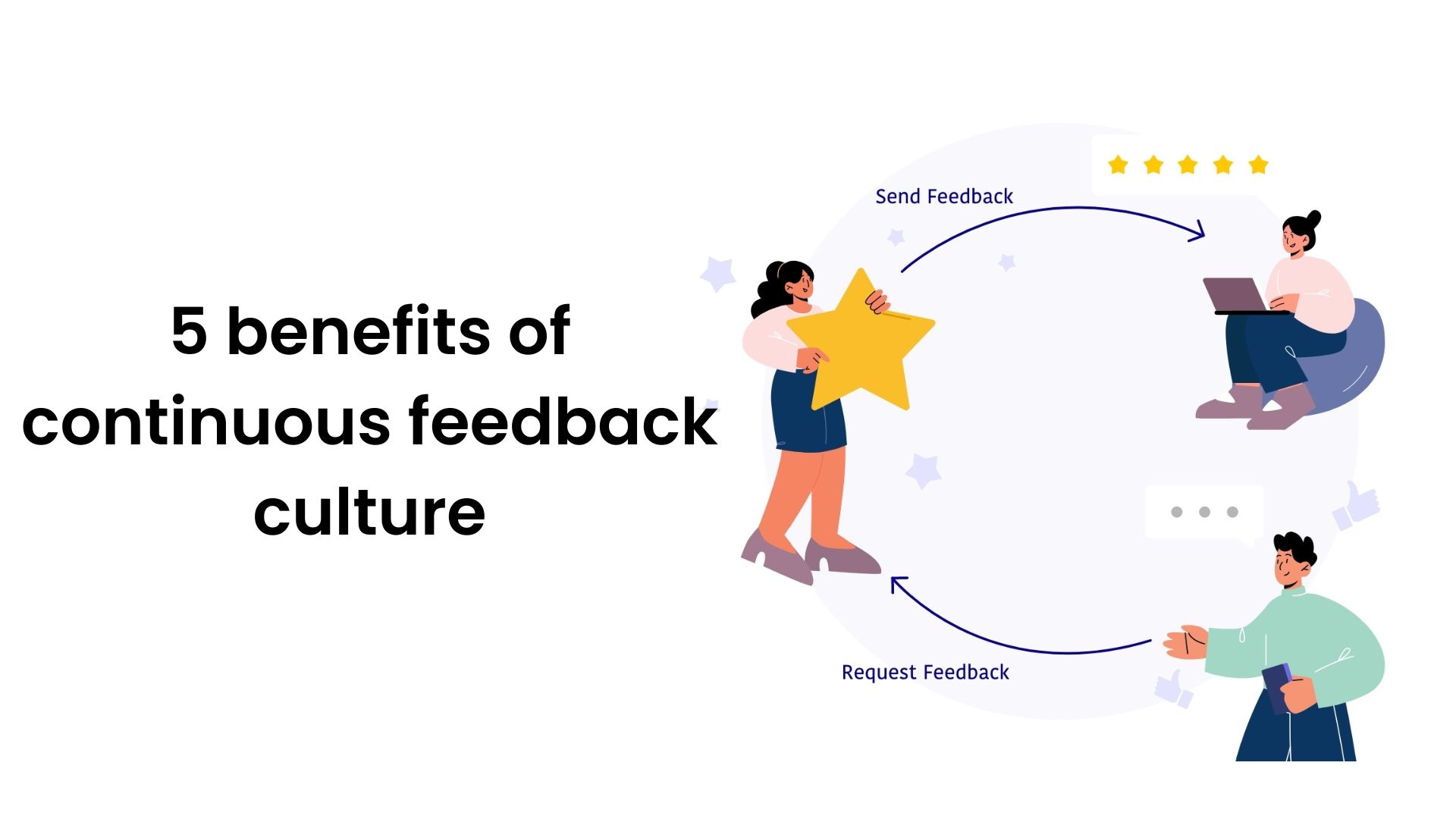The Benefits of Feedback
Feedback is a crucial component of personal and professional growth. It provides valuable insights and perspectives that can help individuals and organizations improve their performance and achieve their goals. In this article, we will explore the various benefits of feedback and how it can positively impact individuals and businesses.
Enhanced Self-Awareness
One of the significant benefits of feedback is that it enhances self-awareness. By receiving feedback from others, individuals gain insights into their strengths and areas for improvement. This self-awareness allows individuals to capitalize on their strengths and work on their weaknesses, leading to personal and professional growth.
Improved Performance
Feedback plays a vital role in improving performance. Constructive feedback helps individuals identify areas where they can enhance their skills and abilities. It provides specific suggestions and recommendations for improvement, allowing individuals to take targeted actions to enhance their performance. By acting upon feedback, individuals can develop their competencies and achieve higher levels of success.
Enhanced Communication
Feedback is essential for fostering effective communication. When individuals receive feedback, it helps them understand how their actions and words impact others. This understanding promotes empathy, active listening, and the ability to communicate more effectively. By incorporating feedback into their communication style, individuals can build stronger relationships, resolve conflicts, and collaborate more efficiently.
Increased Motivation
Feedback can be a powerful motivator. When individuals receive positive feedback, it reinforces their efforts and boosts their confidence. Positive feedback acknowledges their achievements and encourages them to continue performing at a high level. On the other hand, constructive feedback, when delivered in a supportive manner, motivates individuals to make improvements and strive for excellence.
Professional Development
Feedback plays a crucial role in professional development. It helps individuals identify their areas of improvement and guides how to develop new skills or enhance existing ones. By seeking feedback from mentors, supervisors, or colleagues, individuals can gain valuable insights and perspectives that contribute to their professional growth and advancement.
Organizational Improvement
Feedback is not only beneficial for individuals but also for organizations. When organizations encourage a feedback culture, it enables them to identify areas for improvement and make necessary changes. Feedback from customers, employees, and stakeholders can provide valuable information on product or service enhancements, process improvements, and overall organizational effectiveness. By actively seeking and acting upon feedback, organizations can continuously improve and stay ahead of their competitors.

Feedback is a powerful tool that can drive personal and professional growth. It enhances self-awareness, improves performance, fosters effective communication, increases motivation, and contributes to professional development. Furthermore, it enables organizations to identify areas for improvement and drive organizational success. By embracing feedback and incorporating it into our personal and professional lives, we can unlock our full potential and achieve greater success.
Frequently Asked Questions – Benefits of Feedback
1. Why is feedback important?
Feedback is important because it helps individuals and organizations identify areas of improvement and make necessary changes to enhance performance and achieve success.
2. How does feedback contribute to personal growth?
Feedback provides valuable insights and perspectives from others, helping individuals gain self-awareness, identify strengths and weaknesses, and develop skills and behaviors that lead to personal growth.
3. Can feedback improve teamwork and collaboration?
Absolutely! Feedback fosters open communication, strengthens relationships, and promotes collaboration among team members, leading to increased productivity, innovation, and overall team success.
4. Does feedback enhance employee engagement?
Yes, feedback plays a crucial role in employee engagement. Regular feedback helps employees feel valued, recognized, and motivated, leading to higher job satisfaction, increased productivity, and reduced turnover.
5. How can feedback contribute to organizational development?
Feedback enables organizations to identify areas for improvement, align goals and objectives, and implement necessary changes to enhance performance, productivity, and overall organizational development.
6. Can feedback improve customer satisfaction?
Definitely! Feedback from customers helps organizations understand their needs, preferences, and expectations, enabling them to deliver better products, services, and experiences, ultimately leading to higher customer satisfaction and loyalty.
7. How does feedback support continuous learning?
Feedback provides valuable learning opportunities by highlighting areas of improvement, offering constructive criticism, and guiding individuals and organizations towards continuous learning, growth, and development.
8. Can feedback help in identifying and resolving issues?
Absolutely! Feedback acts as a diagnostic tool, helping identify issues, challenges, and potential problems, allowing individuals and organizations to address them promptly and find effective solutions.
9. How can feedback boost individual and team performance?
Feedback provides individuals and teams with insights, guidance, and support to enhance their skills, knowledge, and performance, leading to increased productivity, efficiency, and overall success.
10. Does feedback promote a culture of continuous improvement?
Yes, feedback plays a crucial role in fostering a culture of continuous improvement. It encourages individuals and organizations to seek feedback, learn from mistakes, and constantly strive for excellence and growth.




